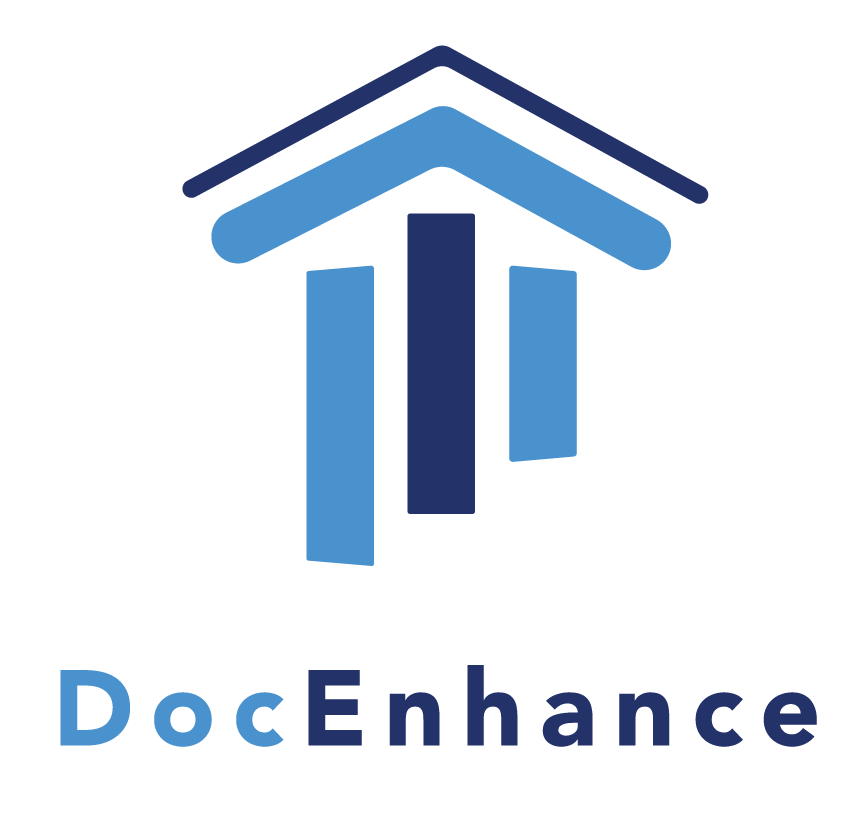Authors: Virve Kallioniemi-Chambers and Pirjo Nikander from Tampere University
Doctoral education development towards collaborative practices
It is widely agreed upon that doctoral education is a space for knowledge exchange, co-creation, and a tool to enhance European competitiveness and innovation capacity. Precise models or roadmaps as to what a specifically ‘Europeanised’ model for doctoral training looks like remains, however, on the drawing board. Collaboration between academic and non-academic sectors develops doctoral researchers’ skills – including their innovative thinking and entrepreneurship – and thus contributes to economic growth and employment, both locally and internationally. It also takes different forms.
Doctoral Education, a mediator between different learning environments
This report maps the characteristics of doctoral education as a mediator between potential different learning environments: the university and non-academic sector. It is based on a review of literature and reports on collaborative doctoral education, and on the regional stakeholder workshops organised in the first stage of the DocEnhance project. The report formulates key questions to be discussed particularly in the beginning phases of stakeholder collaboration. Clarifying joint objectives and practices in stakeholder collaboration from the start secures transparency on the organisational level and supports a more routinely and structurally incorporation in the doctoral curriculum. An initial model is provided to support the discussion on shared and stated-out objectives and practices of collaboration between universities and the non-academic sector.
In a nutshell
The conciseness of the report enables potential readers to use it as a sounding board when building and boosting collaborative doctoral education practice. The key points of the report can be summarised as follows:
- It takes time to build understanding on the shared goals of collaboration in the context of doctoral education and to identify both individual and organisational interests and objectives.
- Formal agreements and arrangements must be available from the beginning of the process.
- The diversity of possible actors requires flexibility in collaboration and regular revaluation of the goals.
- Transparent collaboration practices and supervision agreements (roles, work division, practices) secure the quality of the collaboration for both sectors.
- Pedagogical practices grounded in two contexts ideally engage the doctoral researcher to be active in the process.
- Continuity in collaboration requires trust between parties.
- Knowledge exchange within collaboration is very much about mindset, personal qualities, and the researcher’s mission.
- The structural and cultural obstacles in the process cannot solely be overcome by economic solutions.
- Organisational collaboration between the university and non-academic sector is a key means to develop core regional ecosystems with global impact.
